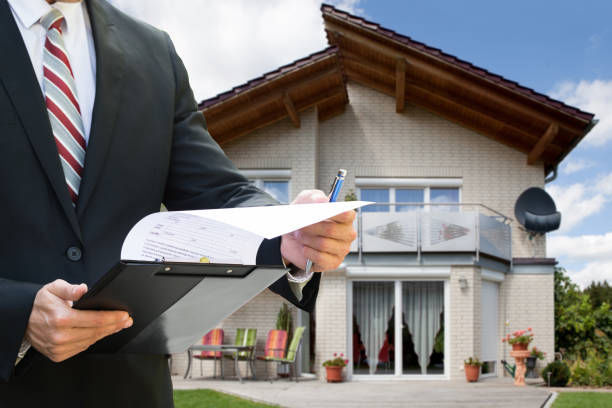I. Develop a Comprehensive Screening Process for Tenants
To ensure you are attracting reliable tenants, a thorough tenant screening is necessary. This process must include credit checks and background checks as well as employment verifications and references checks. If you properly screen tenants, it will reduce the chances of rent being late, damage to the property, and other problems that could negatively affect your property.
II. Maintain clear and open communication channels
Successful property management requires effective communication. You should provide tenants with multiple contact options, including email, phone and online portals. Be prompt and professional in your responses to tenants' questions and concerns. Also, keep the property owner informed of any significant developments or concerns. Clarity in communication builds trust and promotes positive relationships among property managers, tenants and owners.
III. Implement proactive maintenance and inspections
For your property to remain in the best condition, regular inspections and proactive maintenance is essential. Make a schedule for preventative maintenance that includes tasks like cleaning gutters, servicing HVAC units, and checking safety hazards. Inspections of the property should be done regularly, and any issues with maintenance must be addressed immediately. This will increase the value of the property and its appeal to both current and potential tenants.
IV. Utilize property management software
The adoption of technology can significantly improve the efficiency and effectiveness of your property-management operations. Property management software automates tasks like rent collection and maintenance scheduling. These platforms offer valuable insights, and report capabilities that will help you make informed property decisions. Investing in a software solution for property management that fits your needs and budget will allow you to save time.
Stay up-to-date with industry trends, regulations and legislation
It is important that property managers are aware of the local, state, federal and international regulations governing rental homes, including fair housing laws, building codes, etc. Attending webinars, conferences, workshops and industry publications can help you keep up with industry trends. This information will help you maintain your property and ensure compliance with relevant laws and regulation.
VI. Cultivate Strong Vendor Relationships
For property managers, a reliable vendor network is essential. You can improve and maintain your property by establishing relationships with local landscapers, contractors and other service providers. By cultivating these connections, you will be able to negotiate better prices, get prompt service, as well as have access when needed to trusted professionals.
VII. Continually improve and adapt
Property managers who excel are constantly looking for new ways to improve processes and adapting to changing conditions. Review your management practices, evaluate the performance and identify any areas that need improvement. Be open to adopting the latest technologies, learning from your mistakes, and embracing best practices in your industry.
Implementing effective methods for property managers can lead to greater tenant satisfaction, better property performance, and more success as a manager. Focusing on tenant screening and communication, proactive maintenance and technology, industry expertise, vendor relationships and continuous improvement can help you create an efficient and well-organized property management operation.

